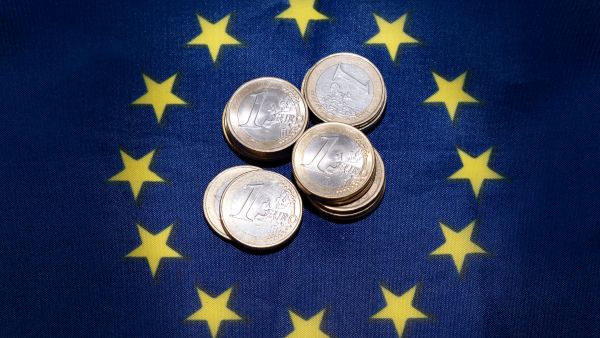The European Parliament today voted in favour of the finalised EU budget for 2016. The budget, which was agreed after intense negotiations with the Council, includes increased funding to tackle the refugee crisis and reinforces spending on key areas such as education, research & development and support for SMEs.
Eider Gardiazabal MEP, S&D spokesperson for the budget committee, said:
"We are pleased to have secured a strong progressive budget for 2016, which provides the resources necessary to tackle the immediate crises Europe faces as well as supporting long-term growth. We have used the full amount in the flexibility instrument to secure an extra €800 million to support the relocation of refugees across the EU as well as increased funding to support neighbouring countries. This work will be supported by increased funding for agencies working on migration issues. Frontex will be able to employ 60 new staff, while EASO & Europol can create 30 extra posts. Alongside this we have secured an extra €18 million for financial assistance to the United Nations Relief and Works Agency for Palestine Refugees (UNRWA)."
"It was also important for us to deal with the long-term effects of ongoing conflicts in the Middle East and Africa. A particular focus for our group is to ensure that children displaced by these conflicts continue to receive an education. A whole generation of children – especially girls and young women – face a bleak future without education. We have managed to secure an increase in the funding available to support education in the EU's humanitarian aid budget in 2016. It will now rise from 1% to 3% of the aid budget (an increase of €26 million). We will push for this to be increased further to 4% in the coming years."
Jens Geier MEP, head of the S&D negotiating team for the 2016 budget, added:
"Alongside tackling the immediate refugee crisis, we wanted to secure a budget that focused on jobs and growth. To do this we are using all resources available to us, reversing the cuts originally proposed by the Council and reinforcing successful EU programmes. There is an extra 31.8 million for the EU's research & development fund Horizon 2020, 14.2 million more to support SMEs through COSME and an additional 6.6 million to help young people in education or training through the Erasmus+ programme.
"Although pleased with the budget overall, one area where we do have real concerns is in its failure to tackle the EU payments crisis. The EU is stacking up unpaid bills, which benefits nobody. While we saw the original Commission proposal as a step in the right direction the Council has insisted on cutting this by more than EUR 460 million. We had to agree to this in order to secure a compromise agreement however we do not understand why the Council is so averse to getting on top of this issue."







